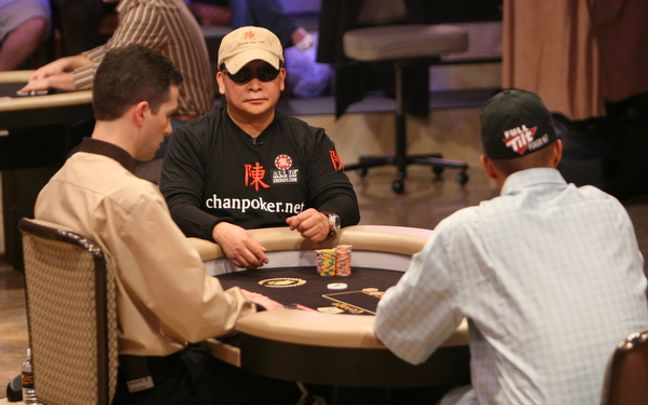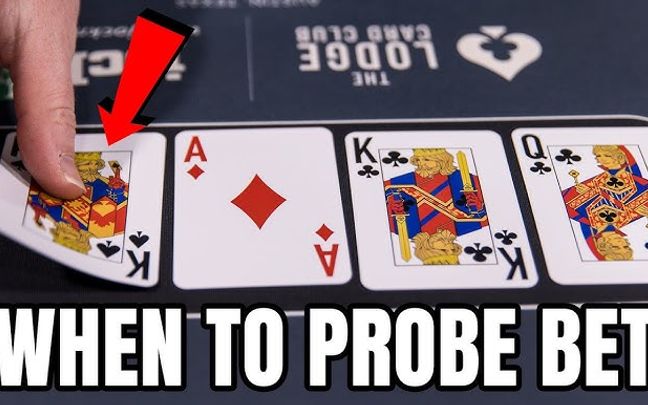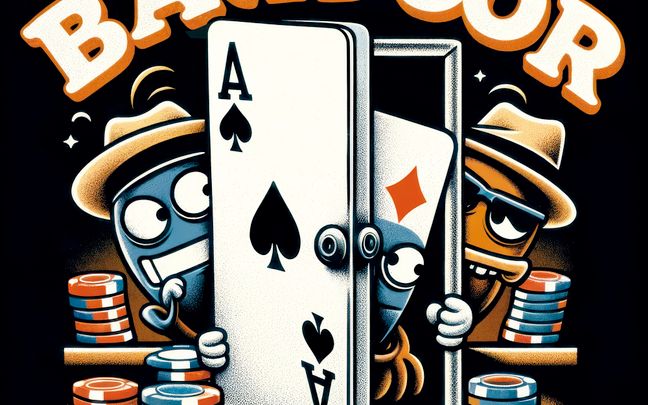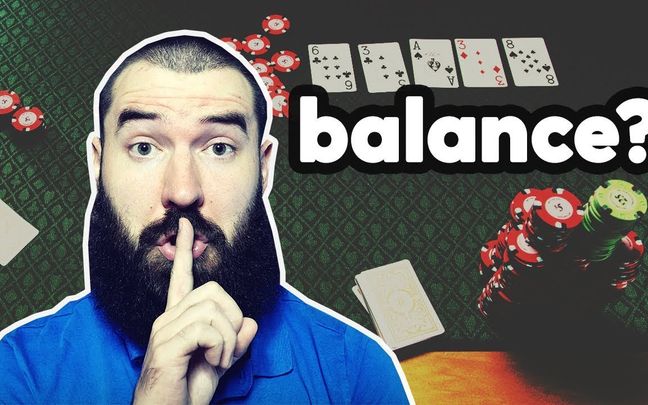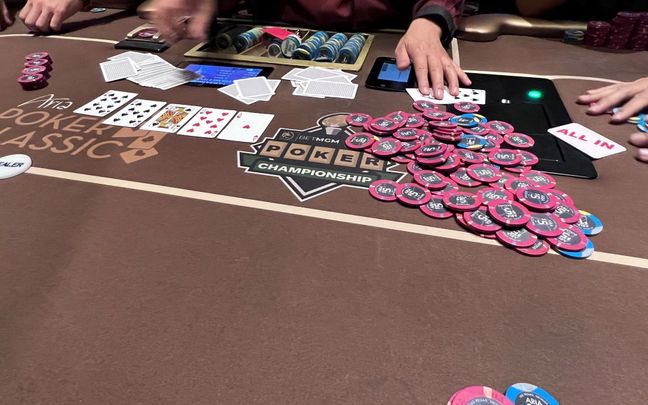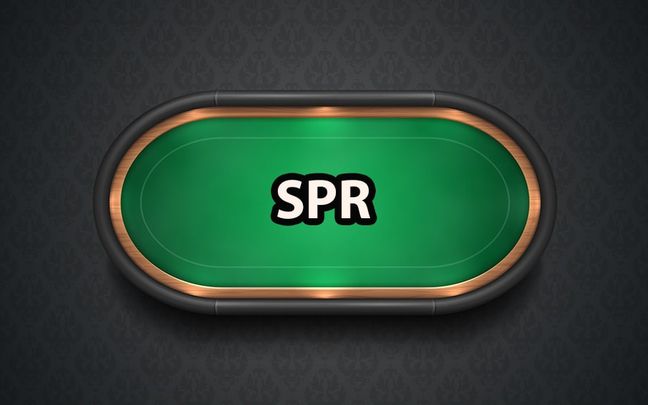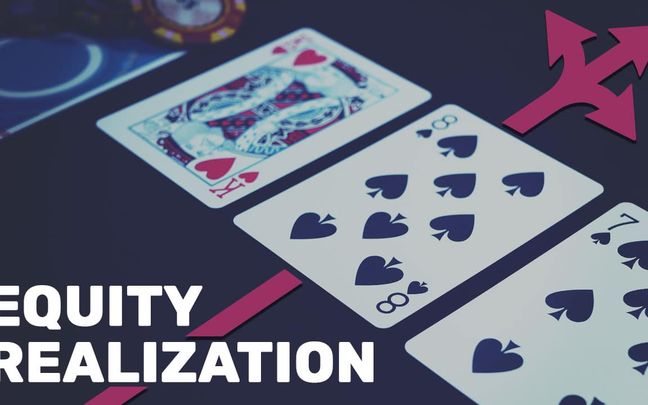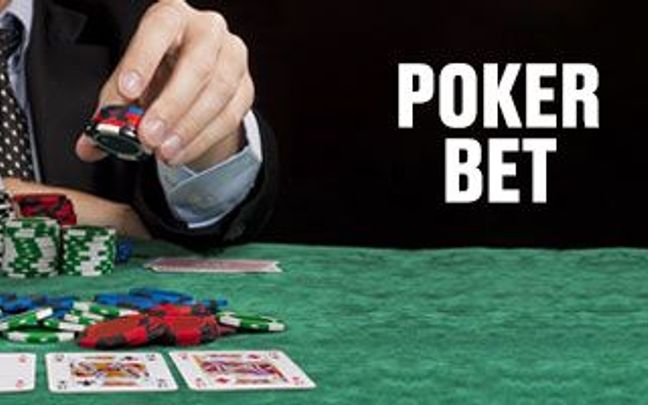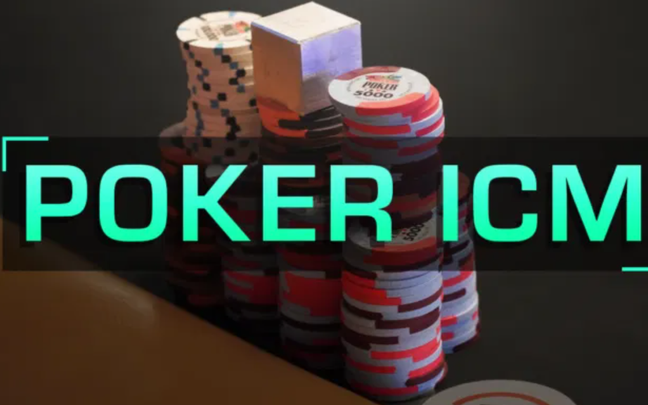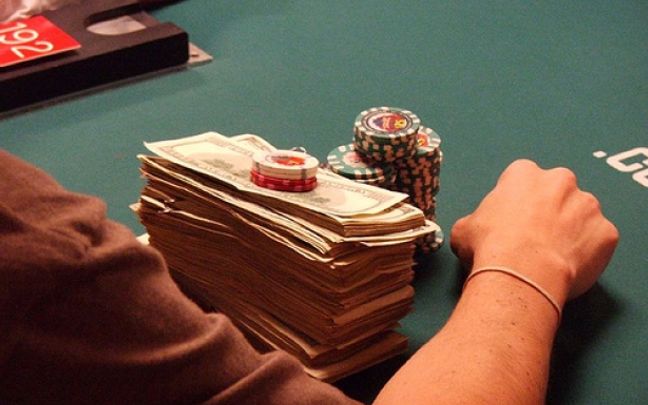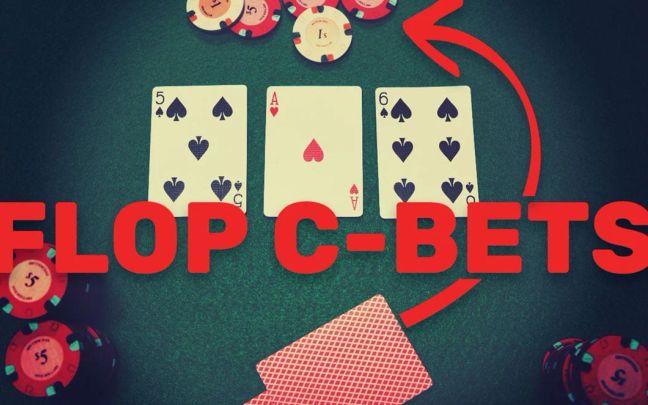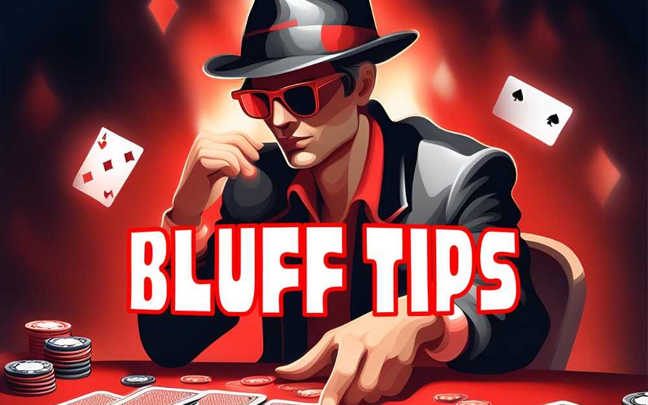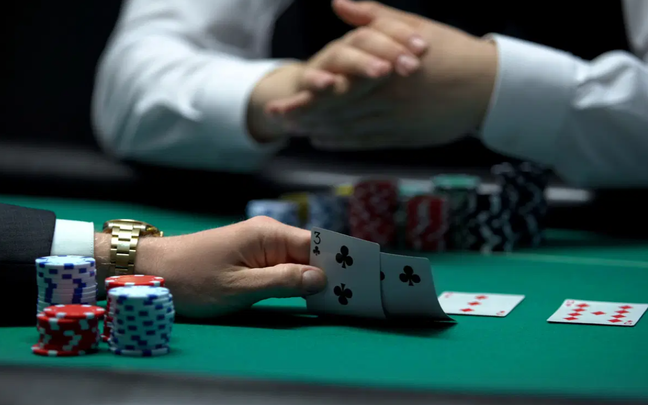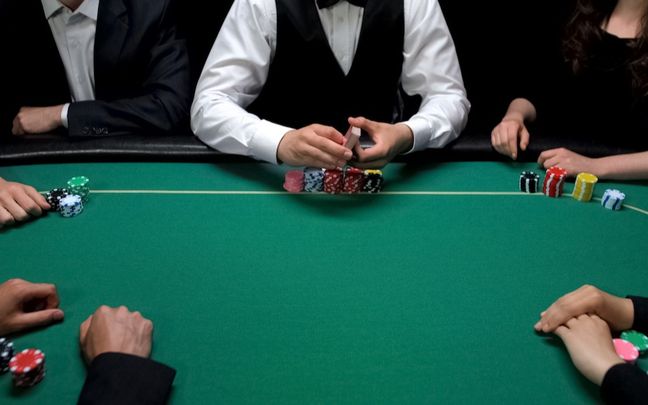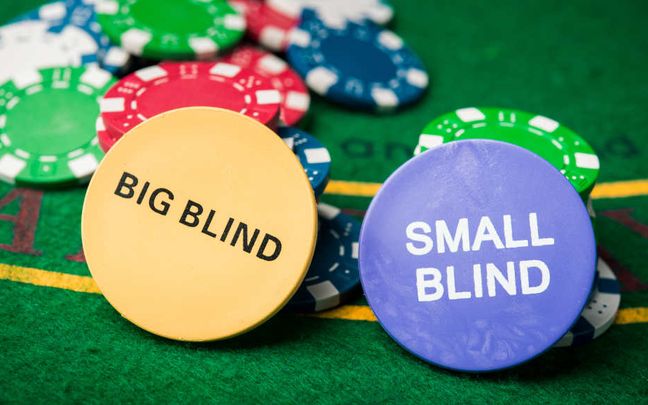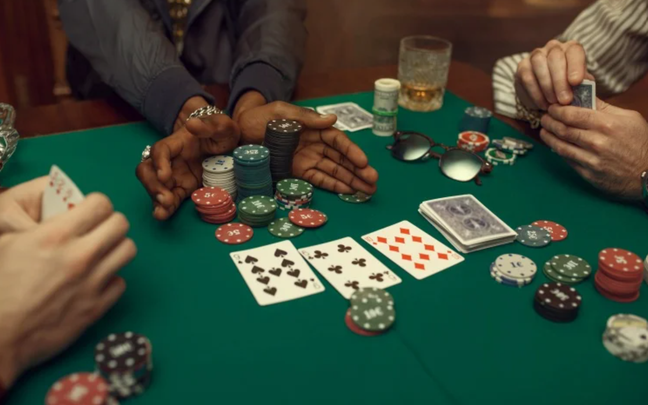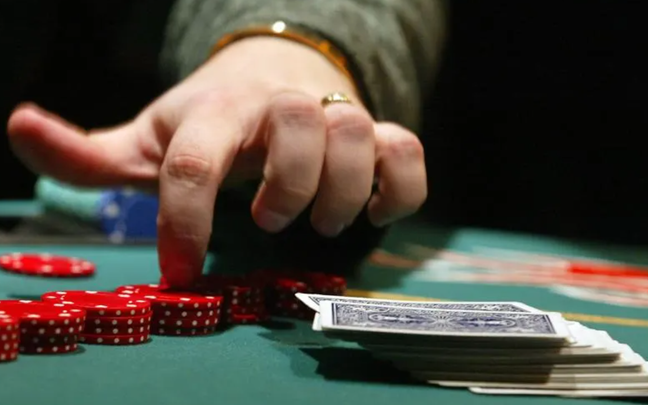Beginner poker players need to understand what "show hand" means, as it is a key factor that directly impacts strategy and the outcome of the game. Mastering this concept helps you decide the best time to reveal your hand and how to do so in a way that maximizes your advantage over your opponents.
This article will provide deeper insights into the importance of "show hand" and how to leverage it to increase your chances of winning in poker.

What is a Show Hand?
Many beginner poker players often ask, “What is a show hand?” This is one of the key concepts you need to understand when playing poker, whether live or online. A show hand (also known as a showdown) refers to the final stage of the game when all betting rounds have been completed, and the remaining players at the table must reveal their hands for comparison.
The purpose of this stage is to determine who has the strongest hand according to the poker hand rankings, in order to win the pot (the total amount of money bet by all players).
A show hand occurs after all betting rounds have finished, from the "flop" to the "turn" and finally the "river" (in Texas Hold'em). At the end of the final betting round, if there are still at least two players who haven’t folded, they proceed to the showdown and reveal their cards. At this point, the hands are compared based on poker hand rankings, which include popular combinations such as straights, flushes, full houses, or high cards. The player with the strongest hand wins the game and collects the pot.
However, not every hand reaches the showdown stage. If all other players fold during the betting rounds and only one player remains, that player automatically wins the pot without needing to reveal their cards. This is part of the strategic fun in poker, where you can win by making your opponents fold without ever having to reach the showdown.
For beginners, understanding the concept of a show hand is crucial. It not only helps you understand how a hand concludes, but also supports your ability to make more strategic decisions during the betting rounds, especially when you anticipate that your hand may face a showdown against an opponent’s.
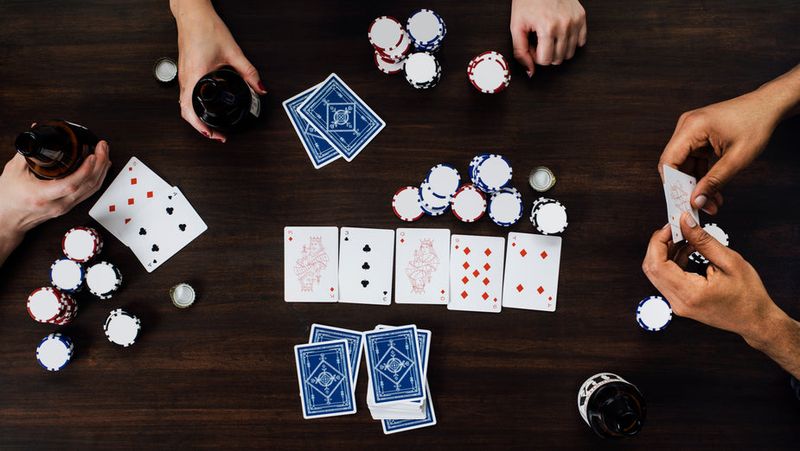
8 Effective Ways to Use Show Hand in Poker
After understanding what a show hand is, let's explore 8 effective ways to optimize its use in poker, especially in popular variants like Texas Hold'em. Applying these strategies can make a significant difference in your success in each game.
1. Use the Show Hand to Gather Information on Opponents
Show hand is an opportunity to observe how your opponents play and gain insights into their strategy. When players reveal their cards, you can analyze how they bet in previous rounds, helping you deduce their betting tendencies. For example, if an opponent made strong bets but revealed a weak hand during the showdown, you can infer that they frequently bluff. This information will help you make more accurate predictions in future hands.
2. Apply Psychological Pressure by Frequently Showing Strong Hands
If you understand the concept of a show hand and you reveal a strong hand consistently, your opponents will begin to feel wary when facing you in later rounds. They will become more cautious when they see you regularly winning with strong hands at showdowns.
This creates psychological pressure, causing them to make mistakes such as folding too early or playing with less confidence.
3. Conceal Your Strategy by Mixing Strong and Weak Hands
A great way to keep opponents guessing is by using a mix of strong and weak hands during the showdown. Occasionally, you can show a weaker hand to prevent opponents from reading your strategy easily.
This tactic makes it harder for them to gauge whether you are holding a strong or weak hand, giving you an advantage in future rounds.
4. Bluff Skillfully to Force Opponents into an Early Showdown
Bluffing is a common strategy in poker, and successful bluffing can force your opponent to show their hand when they don’t want to. By applying pressure and making large bets, you can compel your opponent to make an early decision and reveal their cards. This is particularly effective against less experienced players who are more prone to cracking under pressure when facing strong bets.
5. Manage Your Betting Budget to Enter a Showdown in the Best Position
If you understand what a show hand is, you also know that it’s not always an easy decision, especially when the stakes are high relative to your hand.
Managing your betting budget in the rounds leading up to a showdown is crucial. If you hold a weak hand, don’t push for a showdown just out of curiosity about your opponent’s hand. Only participate in the showdown if you truly have a chance to win or if you have a strong bluffing strategy.
6. Use the Showdown to Assess the Value of Your Own Hand
Some new players often struggle to evaluate the strength of their hands. Reaching the showdown helps you better understand how your hand compares to your opponent’s. This allows you to directly compare and learn from their cards, improving your hand assessment skills in future games, making you more confident in your betting decisions.
7. Don’t Overuse the Showdown in Risky Situations
While a showdown is an opportunity to win the pot, overusing it in risky situations can lead to significant losses. Don’t focus too much on reaching the showdown in every hand, especially when you have a weak hand or your opponent seems very confident.
Understanding when to reach the showdown is key—only proceed when you feel there’s a good chance of winning.
8. Build a Long-Term Strategy with Showdowns to Strengthen Your Poker Presence
The showdown isn’t just a move for a specific hand; it’s also part of your long-term strategy. Over multiple showdowns, you can shape the image of your playing style at the poker table.
If you demonstrate that you are a cautious player who only reaches the showdown with strong hands, opponents will tend to hesitate and be more cautious when facing you in later rounds. Conversely, if you frequently bluff or play with weaker hands, you can cultivate the image of a bold player, making it harder for your opponents to predict your moves.
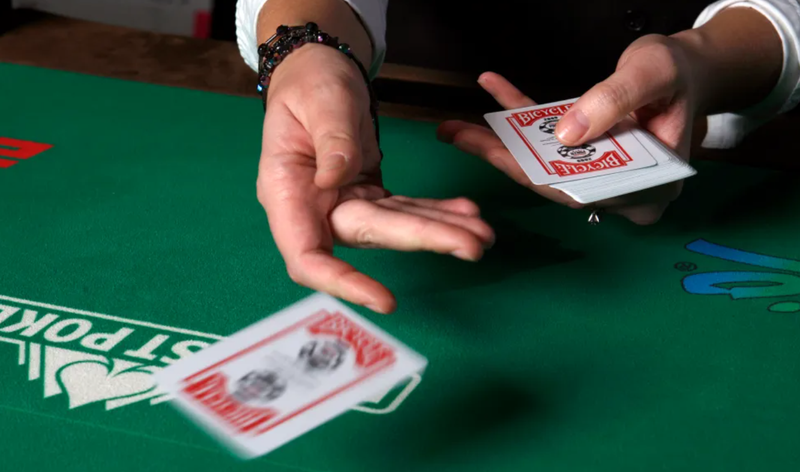
Using the show hand effectively is a key art in poker. Mastering the timing of revealing your cards, combining strong hand strategies with bluffing, and leveraging information from your opponents are crucial factors in optimizing your chances of winning.
By fully understanding what a show hand is and skillfully applying these strategies, you can develop a smarter playing style and maximize your chances of success in poker games.

